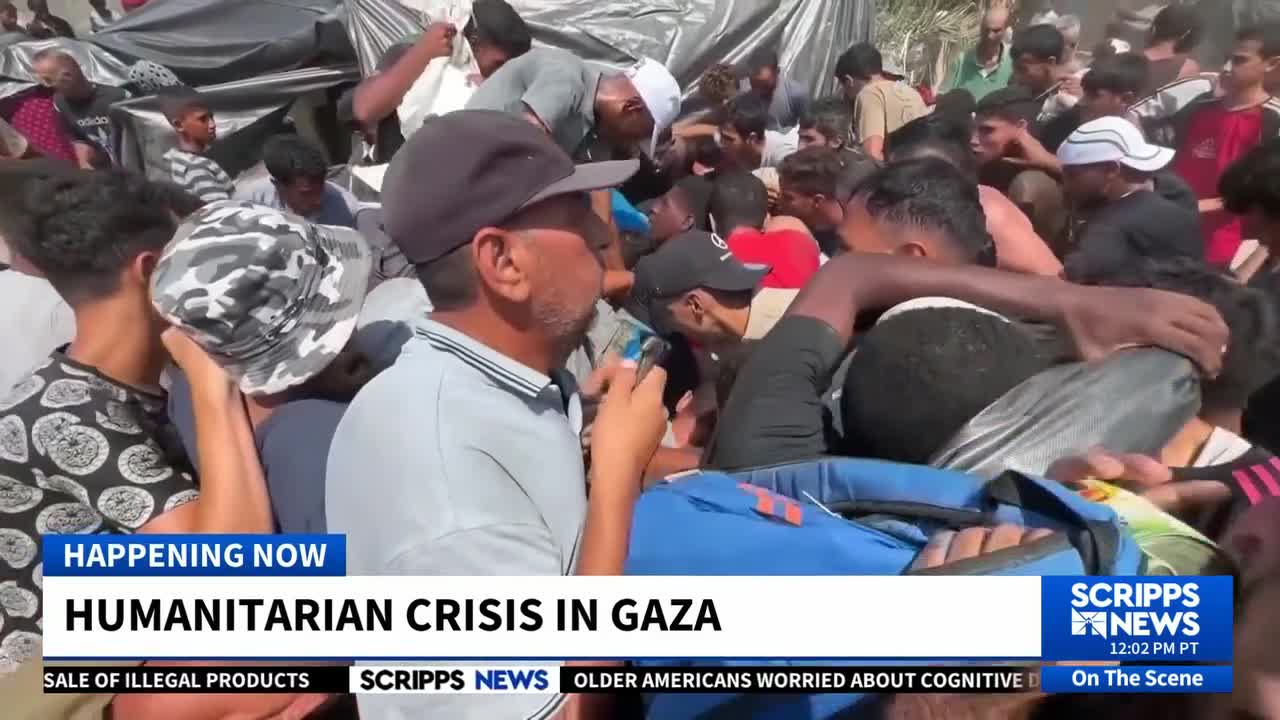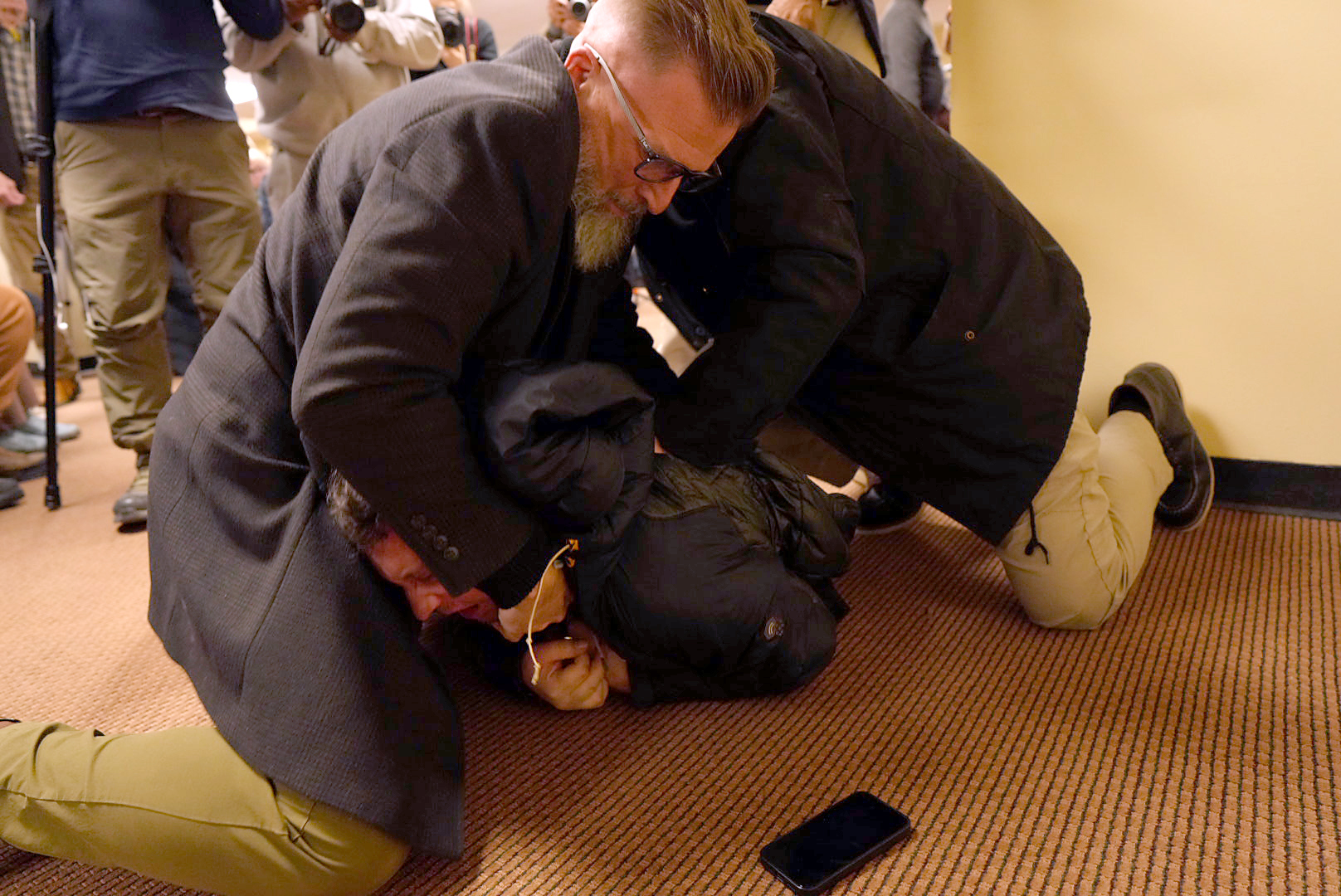Food airdrops are underway in Gaza as Israel pauses military operations in three key areas.
Israel, Jordan and the United Arab Emirates conducted the drops Sunday, delivering about 20 tons of food — roughly the equivalent of what a few trucks could carry. That’s just a fraction of what’s needed; before the war, roughly 600 aid trucks entered Gaza daily.
The U.S. and its allies attempted similar airdrops last year, but they were considered inefficient in reaching the more than 2 million people living in Gaza. In some cases, the parachutes malfunctioned, and falling aid packages killed people, including children on the ground.
Israel says its limited pause in military operations will allow more aid trucks into Gaza. Officials called it a “tactical pause,” lasting 10 hours each day in three heavily populated areas. It remains unclear how many days the daily pause will continue.
RELATED STORY | UN pushes for two-state solution in Gaza, but US and Israel aren't attending the meeting
“In every route we choose, we will need to continue allowing minimal humanitarian supplies,” Israeli Prime Minister Benjamin Netanyahu said. “We have done this until now, but the U.N. is creating the excuse and the lie about Israel. It says it won’t let humanitarian supplies in. We are letting them in. There are secure routes — they have always been there — but today, it’s official. No more excuses.”
UNICEF, however, said far more must be done to save starving children in Gaza. Over the weekend, The Associated Press reported that a 5-month-old baby who was born weighing 6 pounds, 6 ounces died weighing just 4 pounds, 4 ounces.
“Ultimately, what is needed is a ceasefire, because for a child who is malnourished, it is not enough to be able to reach them one time,” said Joe English, a communications specialist with UNICEF. “They require a course of treatment that can take many weeks before they are fully recovered. Otherwise, we will just see children deteriorate again.”
Meanwhile, celebrity chef José Andrés — founder of the nonprofit World Central Kitchen — wrote an opinion piece in The New York Times urging action.
“People of good conscience must now stop the starvation in Gaza,” he wrote.
“We are far beyond the blame game of who is the more guilty party," Andrés added.
On the diplomatic front, the United States recalled its negotiators from Qatar last week, saying Hamas was not acting in good faith to reach a ceasefire. Those negotiations have yet to resume.












